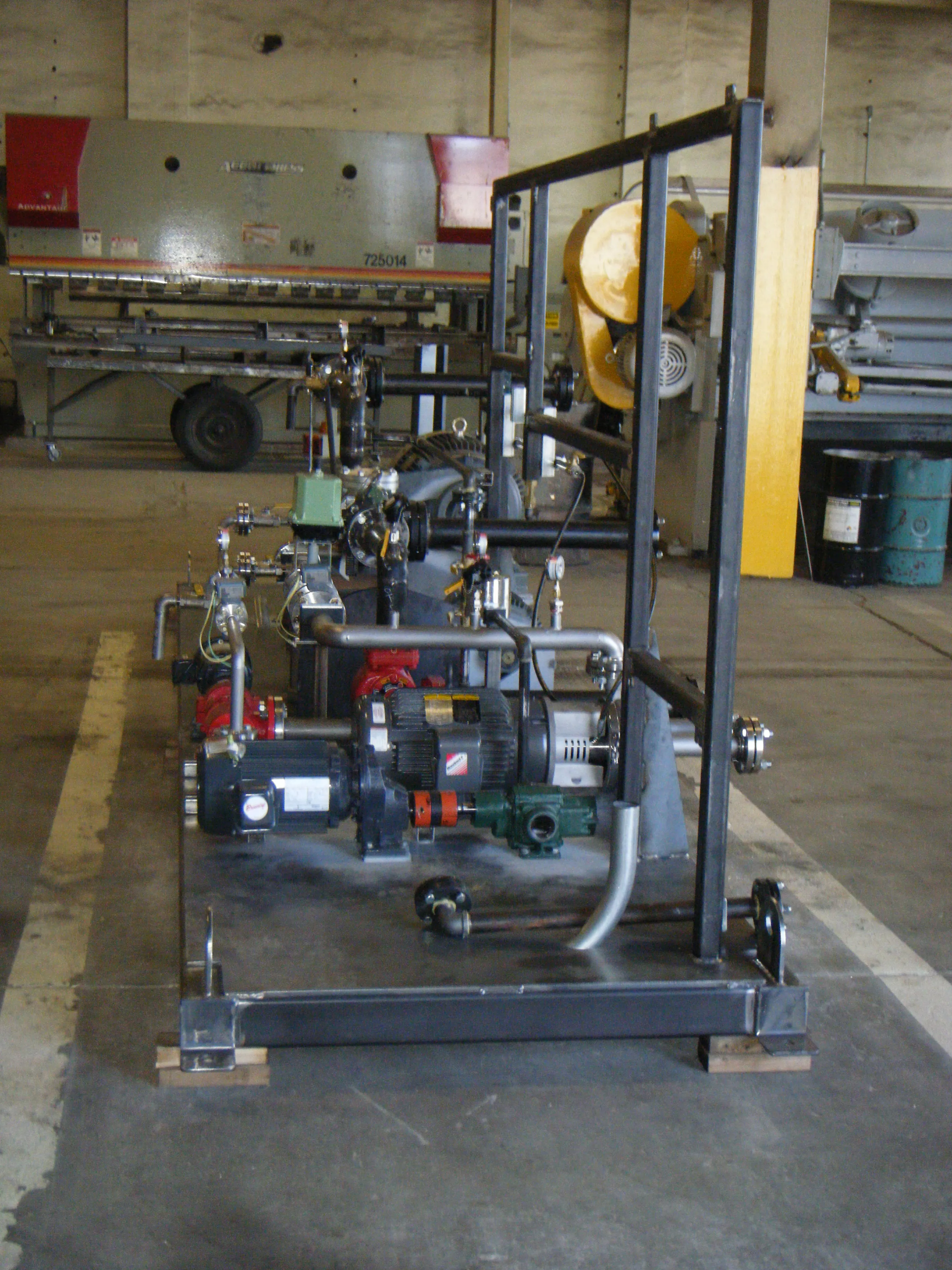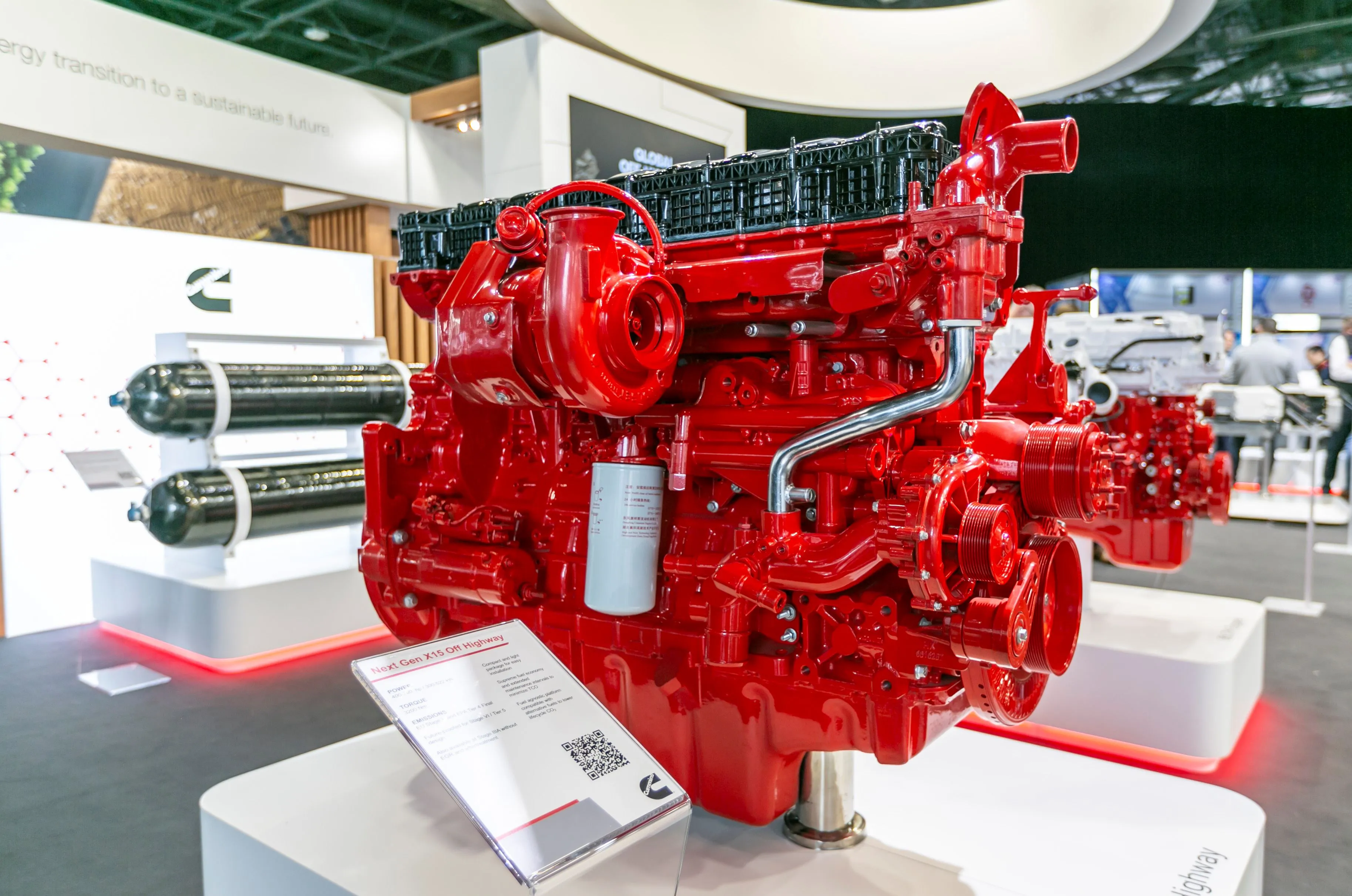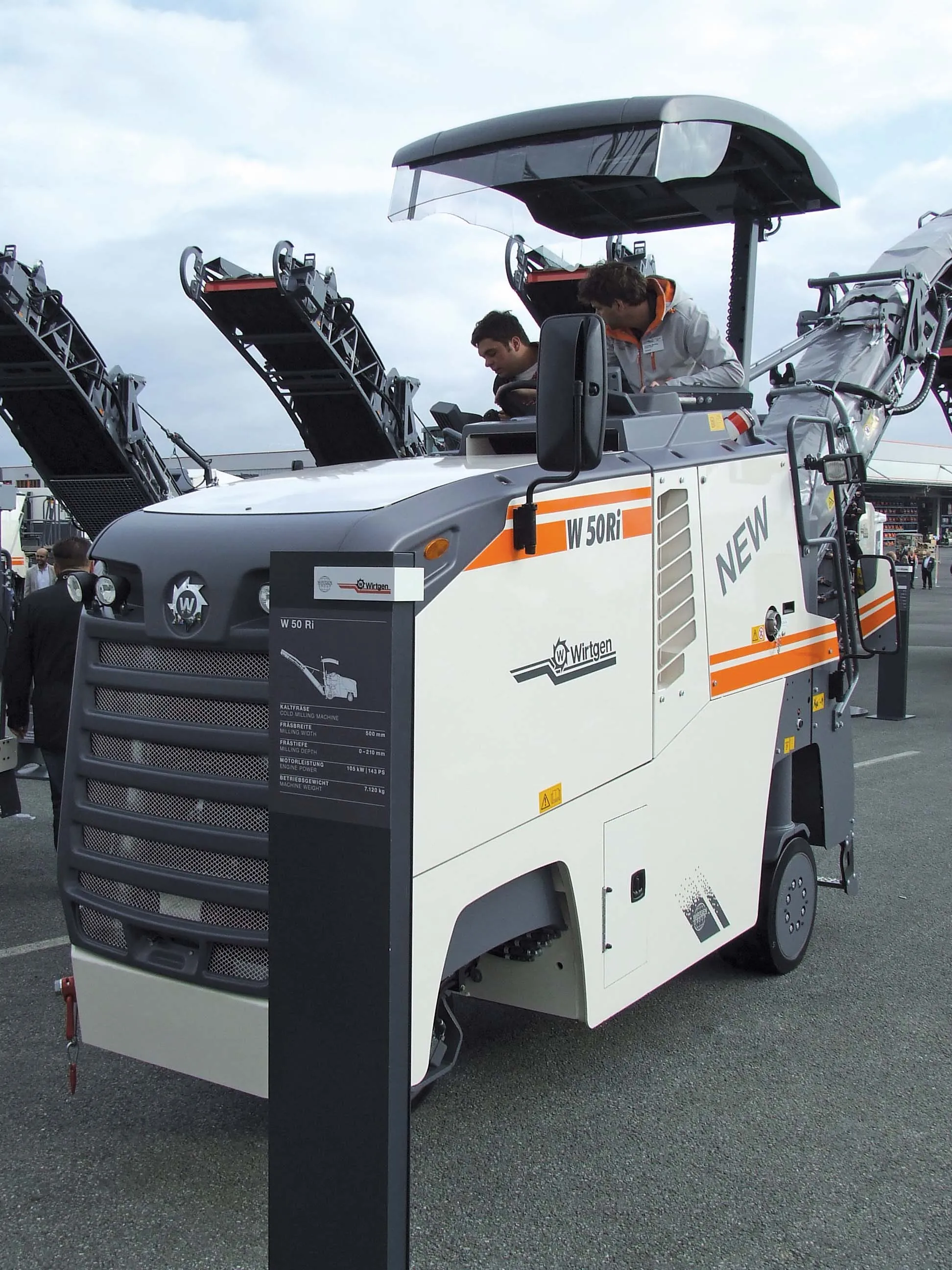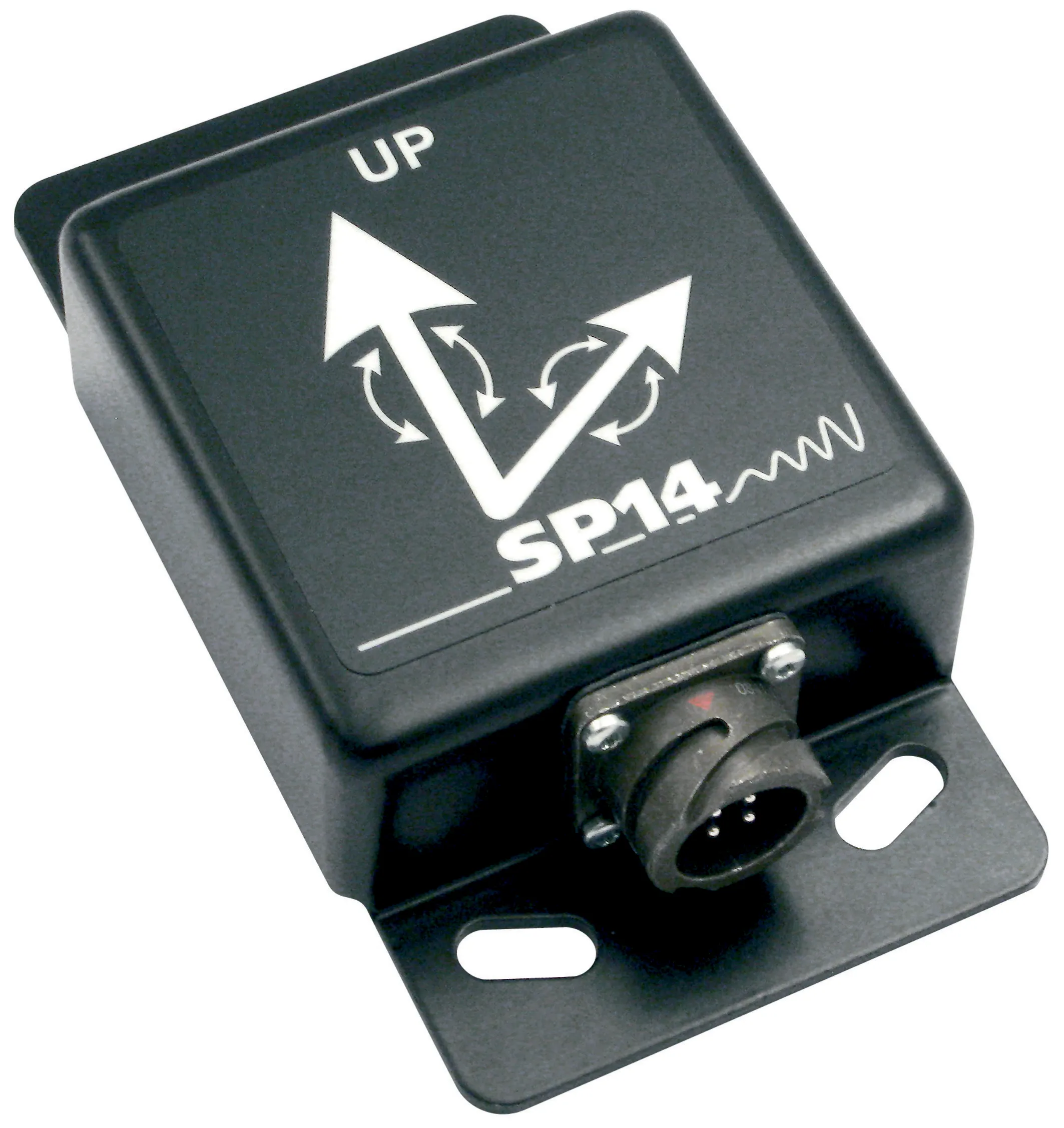VSS Macropaver reports a strong sales performance, with exports having been particularly profitable for the company, write Mike Woof. Vice president Doug Hogue said: "We're fortunate that we're dealing on a world basis to Latin America, China and Russia." Latin America, Chile, Mexico and Peru have been key markets for the firm, although the high import tariffs into Brazil have unfortunately meant that the company finds it hard to compete in this country's strong road sector against local rivals.
March 14, 2012
Read time: 3 mins

RSS
Latin America, Chile, Mexico and Peru have been key markets for the firm, although the high import tariffs into Brazil have unfortunately meant that the company finds it hard to compete in this country's strong road sector against local rivals.
Both in the US and overseas, the company has benefited from high demand for its road repair and maintenance solutions, and Hogue said: "It looks like there's been a big shift to road maintenance." Keen to meet anticipated need for road maintenance machines in North America and other developed markets,360 VSS Macropaver has been working on a new version of its well-proven slurry paving technology. This more sophisticated machine benefits from the latest CANbus controls, a system that allows the operator to remain inside the cab of the truck, improving health and safety levels by keeping personnel away from the working area.
"The control system and the engine all communicate through the CANbus system and all the operator controls are on one panel on the dashboard," said Hogue.
The smart control package also ensures that precisely metered quantities of materials are consumed to match the tight specification requirements of the mix design. However, the system provides guidance on the optimum materials mix to the operator rather than taking full automatic control.
"We're taking the CANbus system further by adding reporting features," said Hogue. This allows data to be downloaded by the operator or site supervisor onto a laptop for later analysis and quality assurance needs.
He explained that this function allows the client or local road authority to see that any work carried out does meet the necessary specifications.
Using the system will be particularly important for contractors who run two or more pieces of equipment on a job, as the reporting function will provide an accurate guide to individual machine performance and highlight issues such as a need for further crew training to maximise working efficiency. The recorded information includes mixture data, spread rate and production totals.
Hogue said, "We're still working with contractors to see what additional parameters they would like. This new technology means it's easy to add features." Interestingly, the system can also be retrofitted quickly and easily to pre-CANbus generation machines from VSS Macropaver, offering around 90% of the functionality of the all-new package.
"It's a plug-in system and they have to mount the monitor." Meanwhile, VSS Macropaver also reports good levels of business for its asphalt emulsion plants, with a steady flow of base units being built and then being completed with specific customer options as requested. In addition, the company is hoping to capitalise on its expertise in the emulsions sector by offering partnerships on a worldwide basis for mix design technology. This package could incorporate supplying a machine as well as delivering emulsions know-how.
Hogue added: "We've been successful in selling machines and training operators but that's only one aspect of it and we can offer the package as an additional service to customers."RSS
VSS Macropaver reports a strong sales performance, with exports having been particularly profitable for the company, write Mike Woof.
Vice president Doug Hogue said: "We're fortunate that we're dealing on a world basis to Latin America, China and Russia."Latin America, Chile, Mexico and Peru have been key markets for the firm, although the high import tariffs into Brazil have unfortunately meant that the company finds it hard to compete in this country's strong road sector against local rivals.
Both in the US and overseas, the company has benefited from high demand for its road repair and maintenance solutions, and Hogue said: "It looks like there's been a big shift to road maintenance." Keen to meet anticipated need for road maintenance machines in North America and other developed markets,
"The control system and the engine all communicate through the CANbus system and all the operator controls are on one panel on the dashboard," said Hogue.
The smart control package also ensures that precisely metered quantities of materials are consumed to match the tight specification requirements of the mix design. However, the system provides guidance on the optimum materials mix to the operator rather than taking full automatic control.
"We're taking the CANbus system further by adding reporting features," said Hogue. This allows data to be downloaded by the operator or site supervisor onto a laptop for later analysis and quality assurance needs.
He explained that this function allows the client or local road authority to see that any work carried out does meet the necessary specifications.
Using the system will be particularly important for contractors who run two or more pieces of equipment on a job, as the reporting function will provide an accurate guide to individual machine performance and highlight issues such as a need for further crew training to maximise working efficiency. The recorded information includes mixture data, spread rate and production totals.
Hogue said, "We're still working with contractors to see what additional parameters they would like. This new technology means it's easy to add features." Interestingly, the system can also be retrofitted quickly and easily to pre-CANbus generation machines from VSS Macropaver, offering around 90% of the functionality of the all-new package.
"It's a plug-in system and they have to mount the monitor." Meanwhile, VSS Macropaver also reports good levels of business for its asphalt emulsion plants, with a steady flow of base units being built and then being completed with specific customer options as requested. In addition, the company is hoping to capitalise on its expertise in the emulsions sector by offering partnerships on a worldwide basis for mix design technology. This package could incorporate supplying a machine as well as delivering emulsions know-how.
Hogue added: "We've been successful in selling machines and training operators but that's only one aspect of it and we can offer the package as an additional service to customers."RSS









